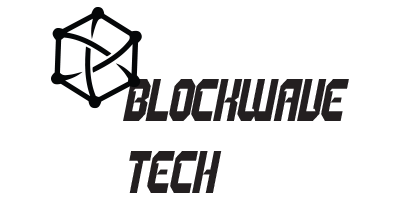Description
Corda – Blockchain for financial institutions
Corda is an open-source blockchain platform designed specifically for businesses in regulated industries like finance, banking, and insurance. Developed by R3, Corda enables secure, transparent, and efficient transactions between organizations while maintaining privacy and scalability. Unlike traditional public blockchains, Corda is a permissioned network that allows parties to transact directly with one another without revealing sensitive information to unauthorized participants.
Key Features:
- Privacy by Design: Corda allows participants to share only relevant transaction data with involved parties, ensuring confidentiality and privacy while maintaining transparency where necessary.
- Smart Contracts (CorDapps): Corda uses CorDapps (Corda Distributed Applications), which are custom smart contracts designed to automate processes and enforce business logic within the platform.
- Permissioned Network: Corda is designed for enterprise use, and only authorized parties can participate in the network, which is critical for financial and other regulated sectors.
- Interoperability: Corda is built to integrate seamlessly with legacy systems and other blockchains, ensuring that financial institutions can continue using their existing infrastructure while benefiting from blockchain’s efficiencies.
- Scalability and High Throughput: Optimized for large-scale financial transactions, Corda offers high throughput and can handle a large volume of transactions without compromising on performance.
- Consensus Mechanism: Corda uses a Notary service for consensus, ensuring that transactions are valid and preventing double-spending. It supports multiple notary options, allowing flexibility in consensus processes.
- Regulatory Compliance: Designed with compliance in mind, Corda supports regulatory requirements and reporting standards commonly found in financial industries.
- Asset Tokenization: Corda allows for the tokenization of assets such as securities, commodities, and digital currencies, enabling easier transfer, settlement, and trading in financial markets.
- Distributed Ledger: Transactions are recorded on a distributed ledger, which allows participants to view only the relevant parts of the data, enhancing privacy and security.









Reviews
There are no reviews yet.